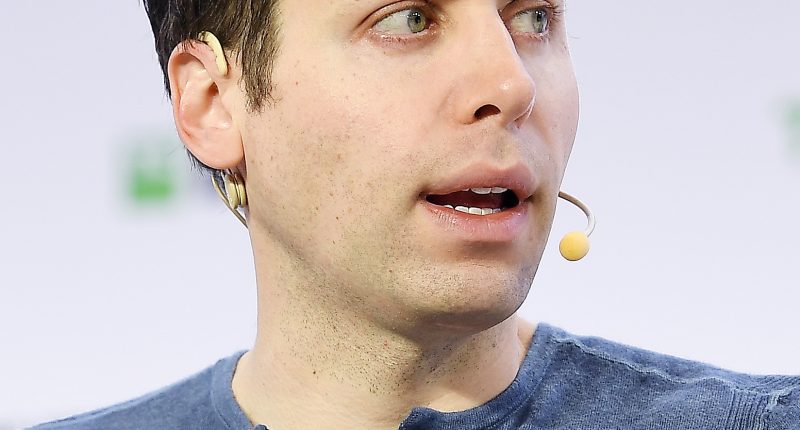Sam Altman, the CEO of OpenAI, spoke about his professional conflict with Elon Musk during an in-depth interview at The New York Times DealBook Summit. Speaking with moderator Andrew Ross Sorkin, Altman tackled a range of topics, including AI and Musk’s growing political influence. Altman revealed his stance that he is “not that worried” about Musk’s influence in President Trump’s administration.
Elon Musk, founder of xAI and an OpenAI co-founder, has recently taken on a prominent political role, joining forces with President-elect Donald Trump. Musk’s appointment to the newly created Department of Government Efficiency (DOGE), alongside entrepreneur Vivek Ramaswamy, has raised concerns over the potential misuse of political power to favor his own business ventures, including xAI, which could prove to be detrimental to competitors like OpenAI.
Altman dismissed such concerns, stating that Musk’s values and public scrutiny would prevent him from engaging in unethical practices. “It would be profoundly un-American to use political power to hurt competitors and benefit your own businesses,” Altman remarked in the interview.
The relationship between Musk and Altman has deteriorated significantly in recent years. Musk had once been a part in the founding of OpenAI, but he has had a strained relationship with Altman in recent times. Musk accused the company of deviating from its original mission as a nonprofit organization committed to public benefit., and the legal battle between Musk and OpenAI escalated earlier this year, with Musk alleging that OpenAI’s pivot toward profit-driven models is a betrayal of its founding principles.
Altman revealed his stance on the matter in the interview, describing the ongoing lawsuit as a source of disappointment and lamenting the fractured partnership with Musk. “I grew up with Elon as a mega hero,” Altman said. He also called xAI – Musk’s AI firm – a “serious competitor” to OpenAI, adding that he had “tremendous respect” for Musk’s plans to build an xAI data center in Tennessee. xAI has rapidly gained traction in the global AI landscape, securing investments and proving to be a competitor for the likes of OpenAI. For now, Grok – a generative AI chatbot developed by the firm – lags behind OpenAI’s ChatGPT, Google’s Gemini, and the like.
In addition to its legal battle with Musk, OpenAI is also facing a growing wave of lawsuits from content creators and media organizations, including The New York Times. These lawsuits accuse OpenAI of using copyrighted material to train its AI models without proper compensation. “We need to find new economic models where creators can earn revenue streams,” Altman said. He also criticized the Times’ lawsuit as being “on the wrong side of history.”
NYT, in its response, refuted Altman’s accusations. “Mr. Altman correctly recognized that writers, photographers, artists, and other creators deserve to be paid for the work they create. What he misses is that’s precisely why copyright law exists, and there’s a way to build new technologies that complies with the law and the rights of copyright holders. History has repeatedly shown that it is entirely possible to do both”, said Ian Crosby, Lead counsel for The New York Times, in a statement to The Tech Portal.
Update at December 5, 2024 | 7:29 GMT: Updated with statement from The New York Times regarding Sam Altman’s accusations.
The Tech Portal is published by Blue Box Media Private Limited. Our investors have no influence over our reporting. Read our full Ownership and Funding Disclosure →






